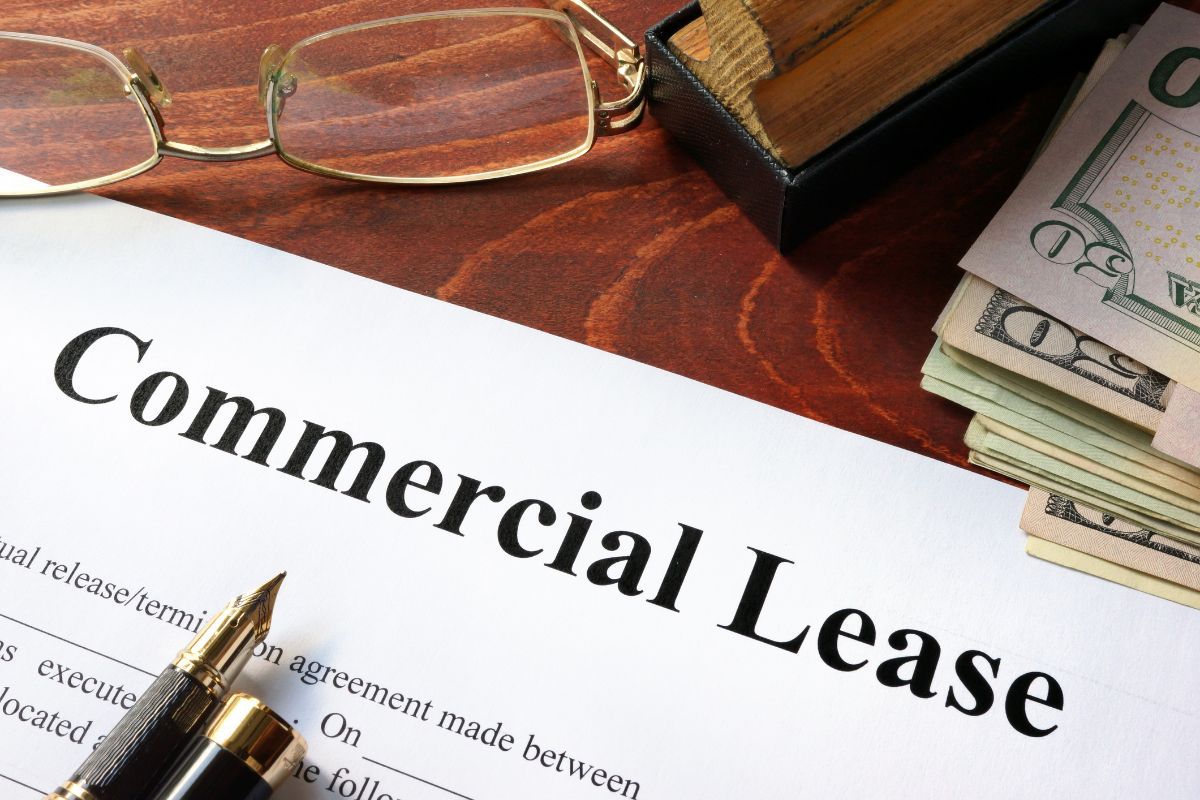Once a startup goes from a concept to a viable company, the need for physical office space usually means negotiating a commercial lease for the new venture. Those with little or no experience in leasing commercial space are well-advised to proceed with the assistance of a qualified commercial real estate attorney; in addition, you should pay particular attention to these five things:
- Letter of Intent
A letter of intent (LOI) is used to set out the general terms that will eventually go into the formal lease agreement after negotiations and due diligence are performed. When drafting an LOI, it is important to include a statement that the LOI is not a contract and therefore nonbinding. You will also want to be specific as to the needs of your startup for commercial space, including any necessary build-out or modifications, technology requirements, signage, parking, as well as rent details, security deposits, etc.
- Insurance
Commercial tenants are generally required by landlords to have insurance coverage and it is beneficial for tenants to have an insurance agent review those insurance requirements for things like indemnification clauses that landlords use to protect themselves from any damage caused by tenants.
- Assignment and Subletting
Office sharing is a popular trend, and if you plan to share your leased office space with others — a tactic that can help startups reduce overhead — you must negotiate subleasing upfront.
- Personal Guaranties
To avoid having to provide a personal guaranty that would put your personal assets at risk, you will want to talk with your attorney about setting up your company in a way that protects your personal assets (corporation or LLC). You need to do this prior to negotiating your lease.
- Build-Outs
You will want your landlord to perform any necessary work to retrofit the commercial space you are leasing to accommodate the needs of your business. This will be to your benefit, since the landlord has the expertise and knows the applicable laws that must be followed, so be sure to negotiate for this as part of your deal.
If you are considering leasing commercial real estate property, the attorneys at Provident Law® are here to help. We are experienced in all aspects of financing and real estate transactions, from purchase contracts, mortgages, deeds of trust, to non-judicial and judicial foreclosures. Contact us for more details.


